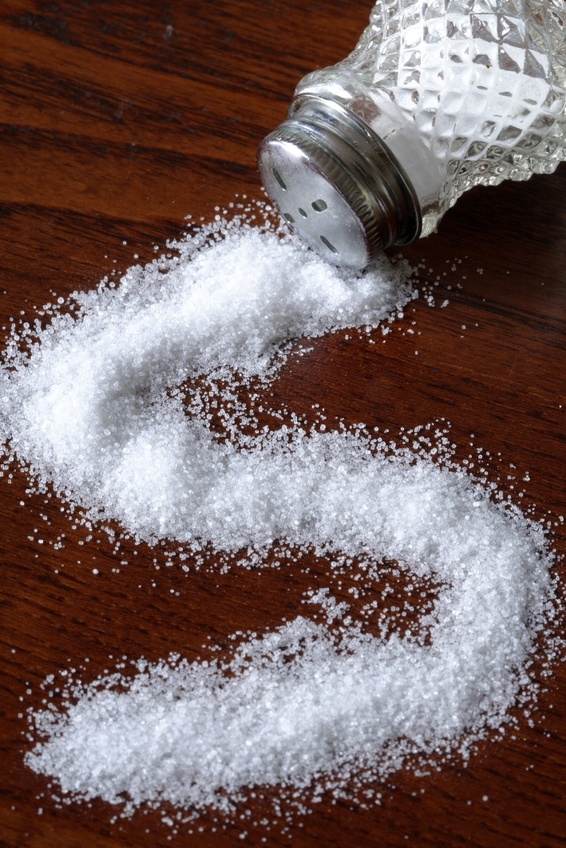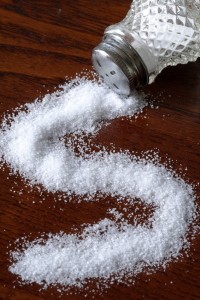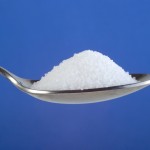As part of a healthy balanced diet, you should eat fewer foods and drinks that are high in sugars. Sugary foods and drinks can cause tooth decay, especially if you have them between meals.
Many foods that contain added sugars also contain lots of calories, but often have few other nutrients. Eating these foods often can contribute to you becoming overweight.
Being overweight can increase your risk of health conditions such as:
What is sugar?
All sugars are carbohydrates found naturally in most foods. Their main nutritional value is in providing energy. However, sugar is also added to lots of foods such as sweets, chocolate, cakes, and some fizzy and juice drinks.
In the ingredients list, sugar added to food may be called:
- glucose
- sucrose
- maltose
- corn syrup
- honey
- hydrolysed starch
- invert sugar
- fructose
- molasses
How much sugar?
Added sugars shouldn’t make up more than 5% of the energy (calorie intake) you get from food and drink each day. This is about 30g of sugar a day for those aged 11 and over.
Fruit juice and honey can also count as added sugars, as they’re sometimes added to foods to make them sweeter.
Fruit juice is still a healthy choice (one 150ml serving counts towards your 5 A DAY). However, the sugars can damage your teeth, so it’s best to drink it with a meal and no more than one serving a day.
This is because sugars are released during the juicing process. Sugars in whole pieces of fruit are less likely to cause tooth decay because they are contained within the food.
You shouldn’t cut down on fruit as it’s an important part of a healthy, balanced diet.
Check food labels
Read the nutritional information on food labels to see how much sugar the food contains. Remember that sugar has many different names. The nearer the beginning of the ingredient list the sugar is, the more sugar the product contains.
Look for the “Carbohydrates (of which sugars)” figure in the nutrition label to see how much sugar the product contains for every 100g:
- more than 22.5g of total sugars per 100g is high
- 5g of total sugars or less per 100g is low
If the amount of sugars per 100g is between these figures, that’s a medium level of sugars.
Read more about food labels.
Cutting down on sugar
These tips may help you cut down on sugar:
- instead of sugary, fizzy drinks and juice drinks, go for water or unsweetened fruit juice (remember to dilute fruit juices for children to further reduce the sugar)
- if you take sugar in hot drinks or add it to cereal, gradually reduce the amount until you can cut it out altogether
- check nutrition labels to help you pick the foods with less added sugar, or go for the low-sugar version
- choose tins of fruit in juice, rather than syrup
- choose wholegrain breakfast cereals, but not those coated with sugar or honey


